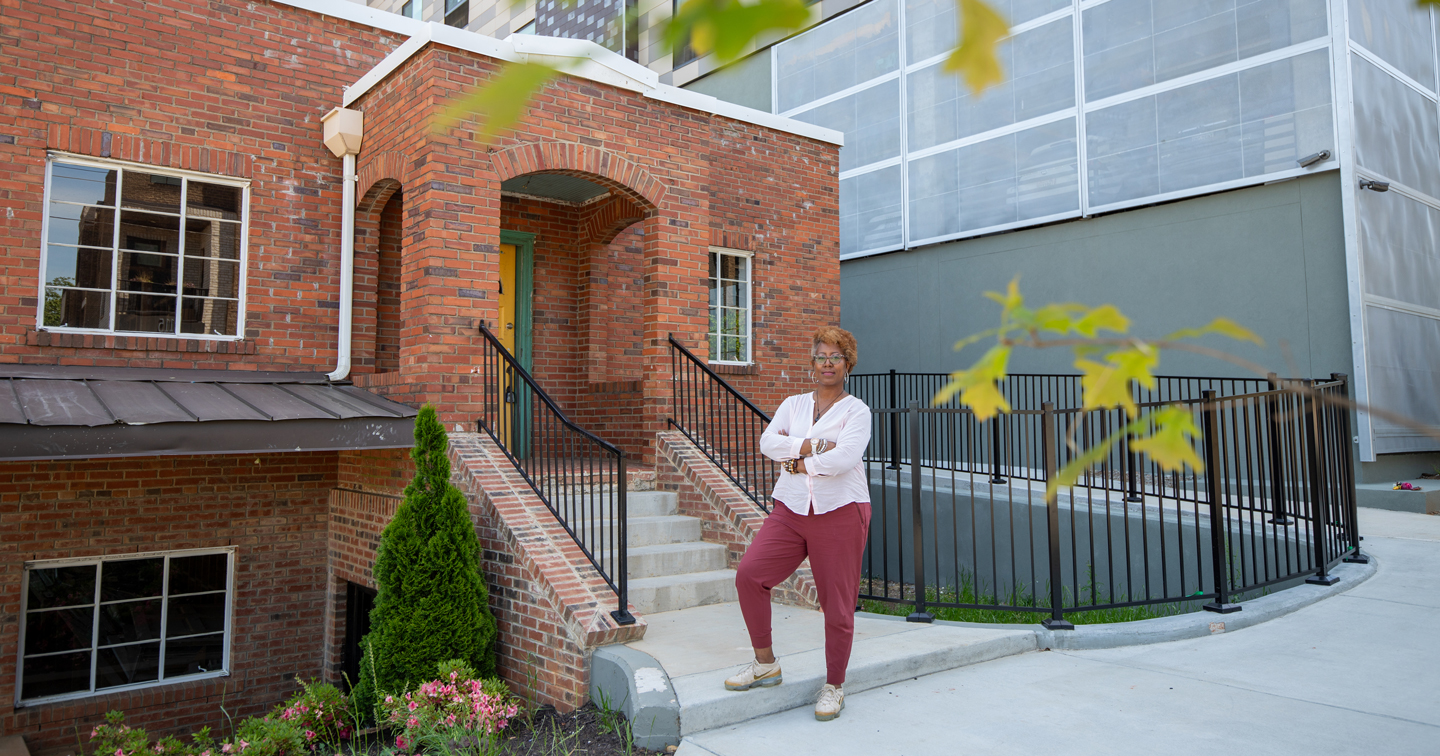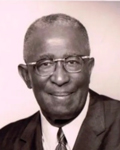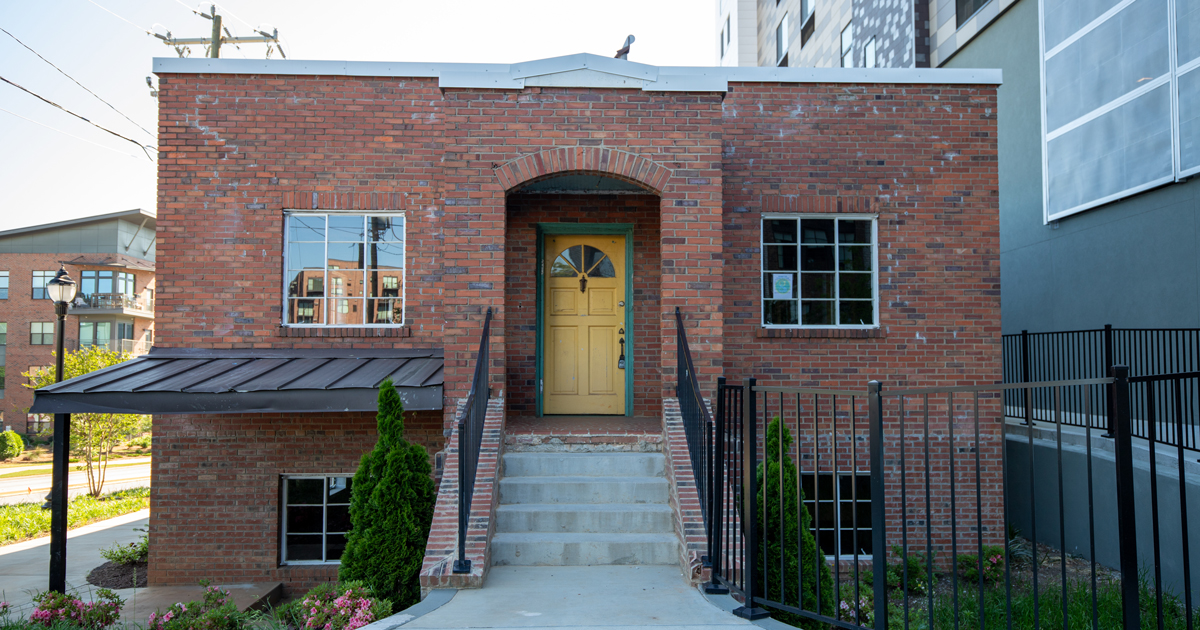Empowering more voices in place-making
May 31st, 2024
By Guest Contributors
This is an excerpt from the Spring/Summer 2024 issue of the Upstate Advocate, Upstate Forever's twice-yearly publication. To read a digital copy of the complete publication, please click here.

Pamela Adams | Planning Commissioner, City of Greenville
As a teenager, I watched Greenville change from the buses I rode every morning from my Pleasant Valley home off Augusta Road to Berea High School. I took a city bus downtown and transitioned to my school bus at Washington and Main Street, where the old Woolworth’s building was.
I’m originally from Schenectady, NY, and I moved here in 1984 at 15 with my mom. I’ve been here ever since. When changes started to ramp up in Greenville in the early 2000s, I said to myself, “I want to be part of this change — in the right way.”
Years later, I was a Navy veteran and a single mom starting my own interior design business — Dream Designs and Innovations — when I saw the Citizens Planning Academy (CPA) in the Upstate Forever monthly digital newsletter, the Upstate Update. I was offered a scholarship to participate, and I loved it!
The CPA went hand-in-hand with my work as Art in Public Places Commissioner and as a City of Greenville Planning Commissioner. In these roles, I hear from people who don’t understand how to engage with zoning and codes. They don’t know who makes urban design and development decisions about sidewalks, roads, traffic lights, crossing guards, greenspaces, trees, waterways, and conservation.
In the CPA, I learned how to engage as a responsible citizen in these processes and how to educate others to do the same in their neighborhoods. People need to know their municipalities should hear from them — they should know they are passionate and care.
My favorite place in the community — the Dr. E.E. McClaren Medical Shelter in the West End of Greenville — is a great example of a community speaking out for preservation. In 2019, developers were ready to build luxury apartments where the medical shelter stood.
 Dr. McClaren founded the clinic in 1949, when most area hospitals were heavily segregated and didn’t accept African American patients. The clinic became a saving grace for African Americans living in Greenville. We were trying to imagine how we could continue Dr. McClaren’s legacy — to honor the sacrifices that he made as a Black physician during Jim Crow and segregation.
Dr. McClaren founded the clinic in 1949, when most area hospitals were heavily segregated and didn’t accept African American patients. The clinic became a saving grace for African Americans living in Greenville. We were trying to imagine how we could continue Dr. McClaren’s legacy — to honor the sacrifices that he made as a Black physician during Jim Crow and segregation.
We wanted to stop the medical shelter from being demolished and to encourage the developer to help preserve it as a historical relic in Greenville. So I and two others started our advocacy group: Neighborhood and Historical Preservation Advocates.

We served (and still do) as a liaison between the community and decision-makers. We want the histories of those areas told and to have a framework of preservation in place, so all those involved have a role in place-making and place-keeping.
I think about how our children and our children’s children will enjoy the preserved medical shelter in the future in its same location, not stored in a repository or a museum. It’s being transformed into The McClaren Institute for Health and Quality of Life to continue Dr. McClaren’s contributions to Greenville and the health and well-being of the African American community. It is like a dream come true born out of compromise that comes from listening to the community.
I value the resilient residents who call themselves activists and advocates for their neighborhoods, beliefs, and values. Most of their neighborhoods have been historically gentrified and redlined over decades, and they are still trying to come to an agreement with urban design and progress. I value this community most when I see people who are still trying to speak on behalf of their community for preservation.
By donating to the Generations Campaign, you will help empower more residents like Pamela to engage with community planning processes through programs like Upstate Forever's Citizens Planning Academy.

